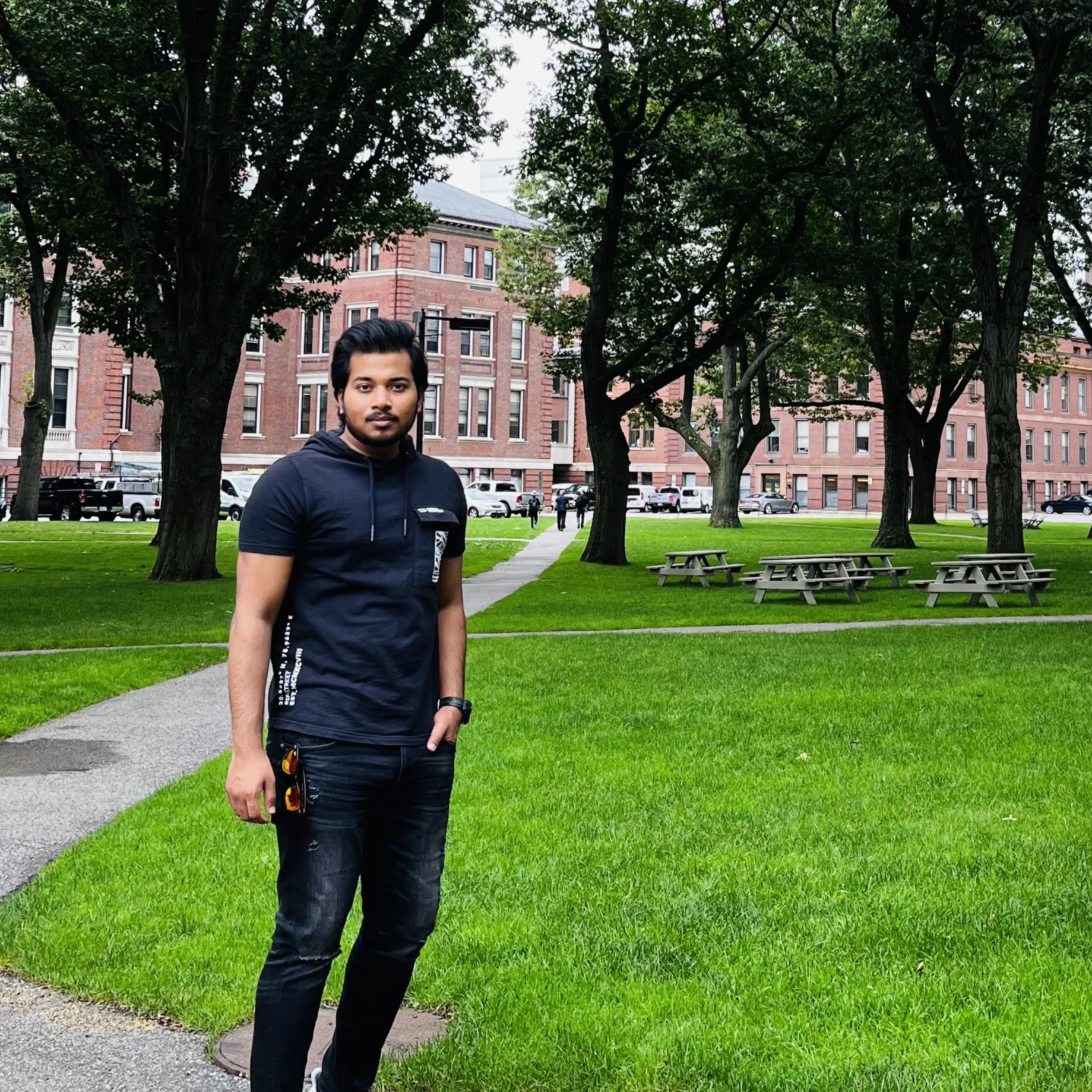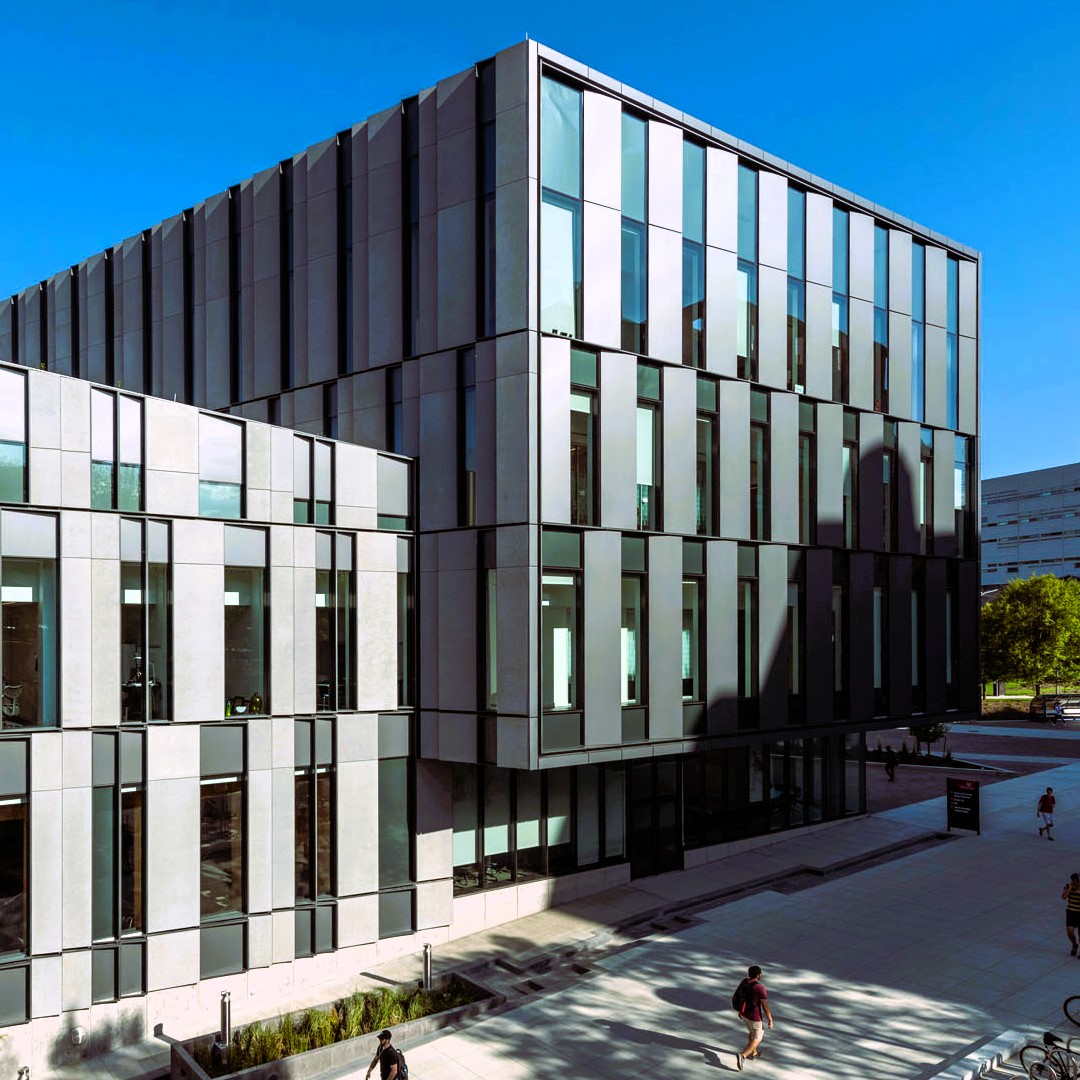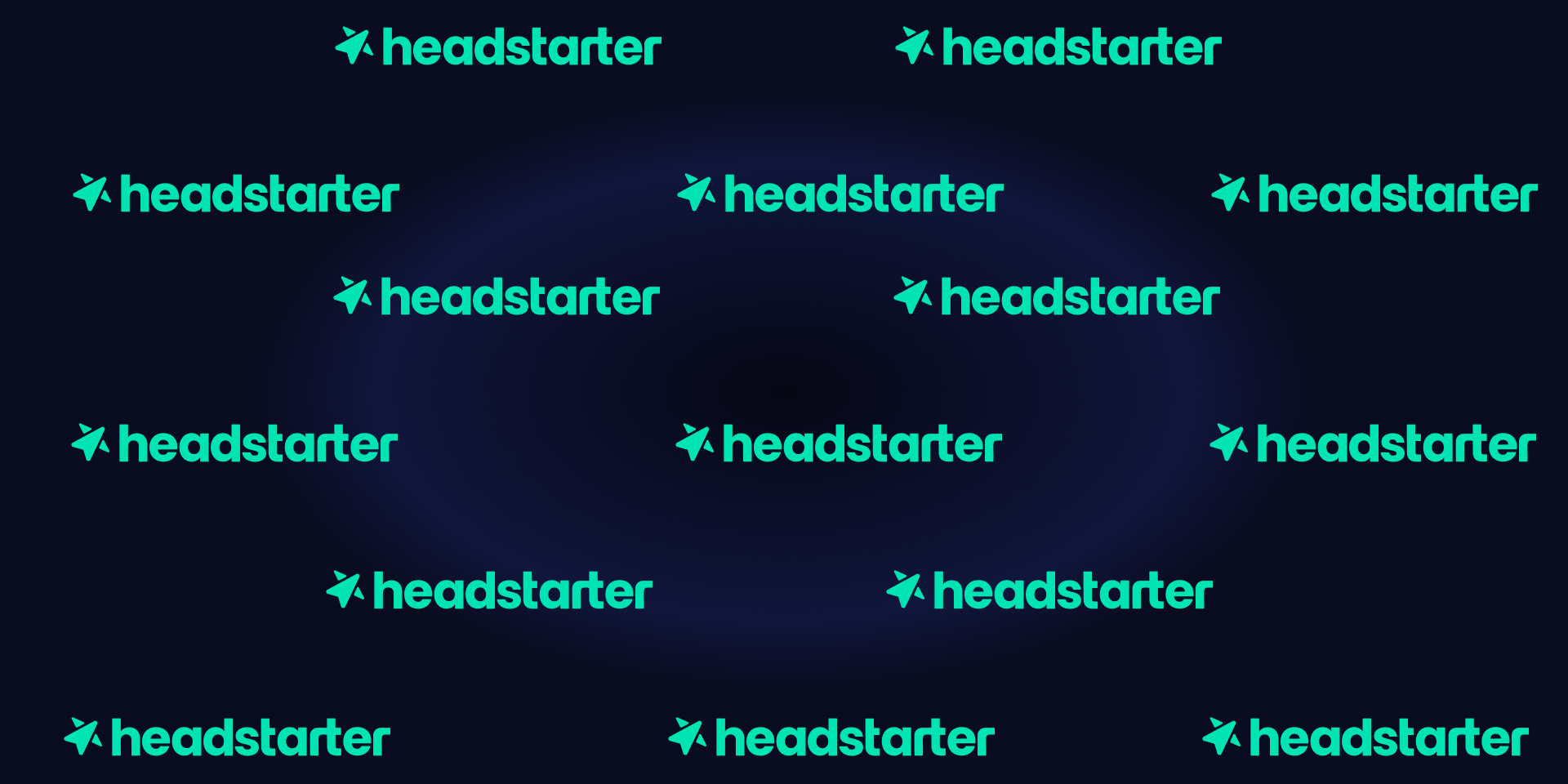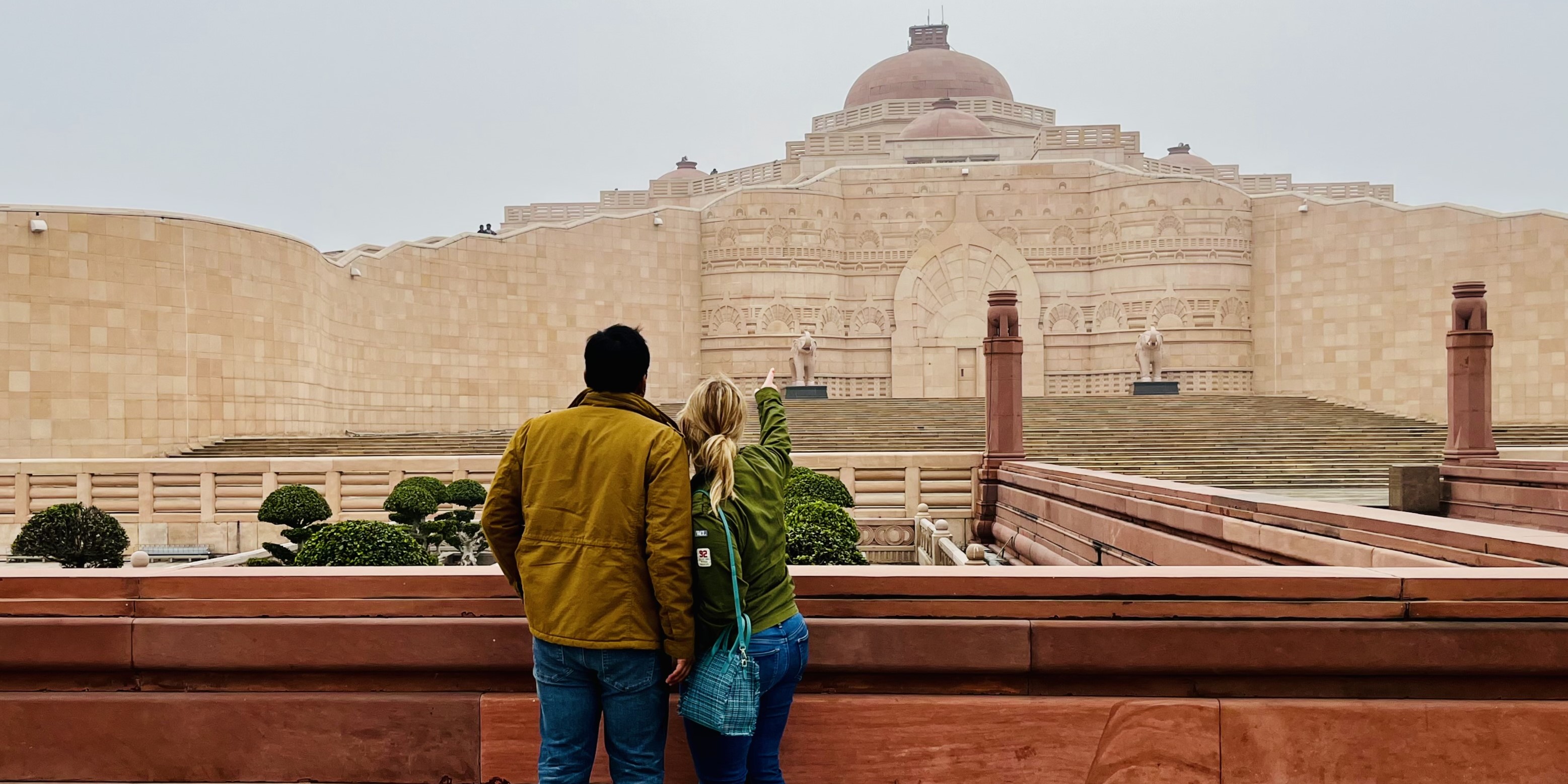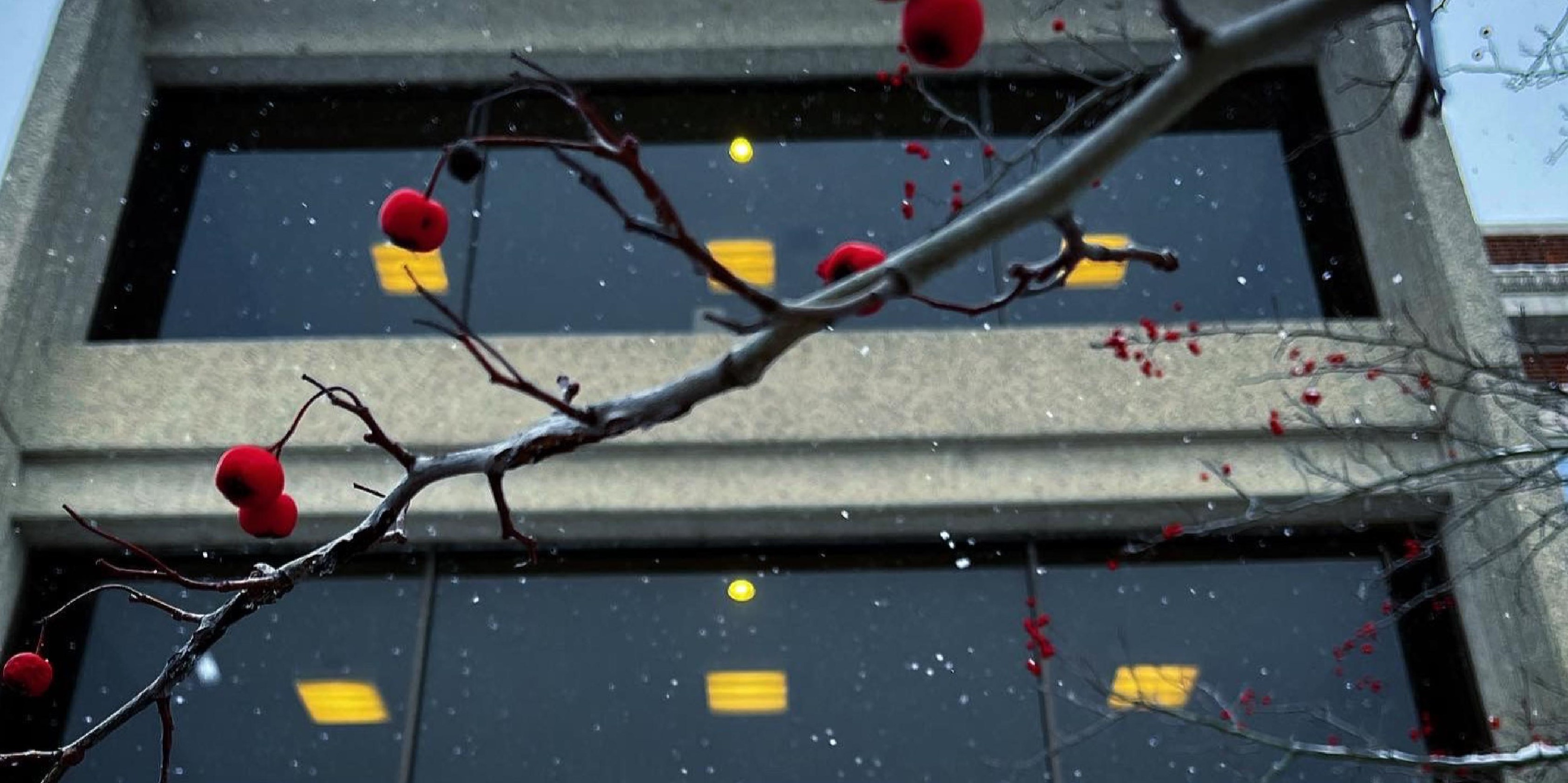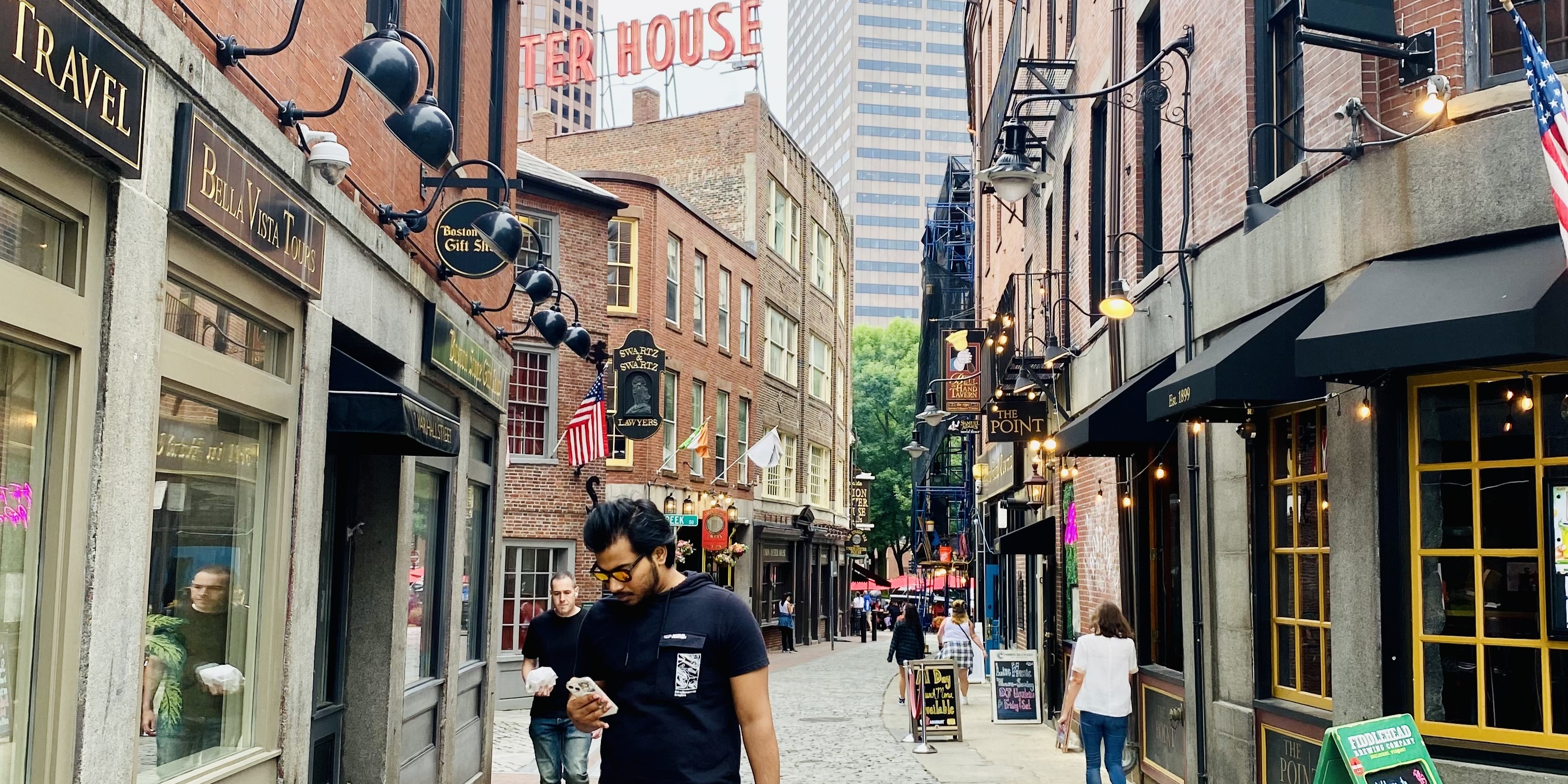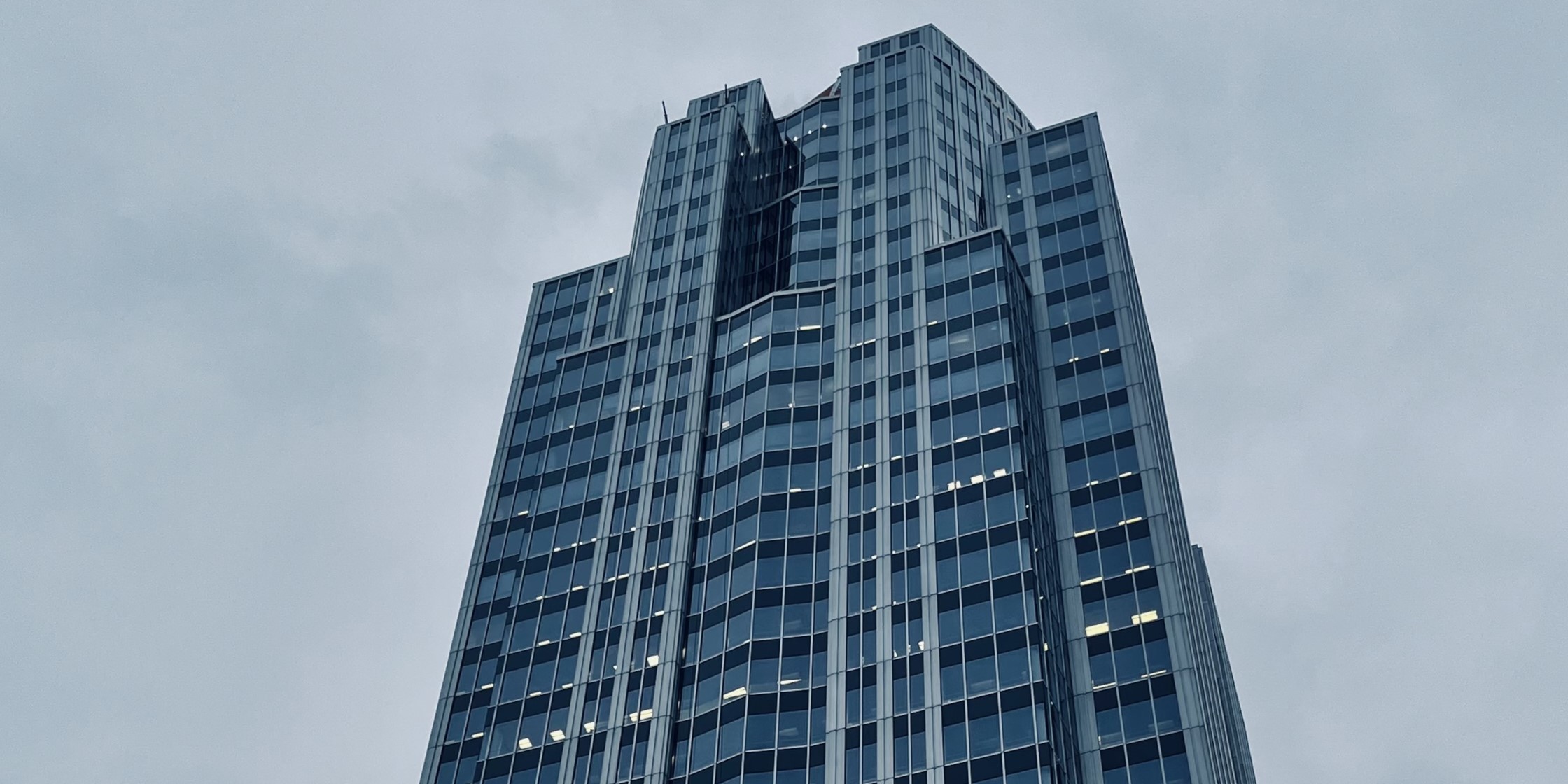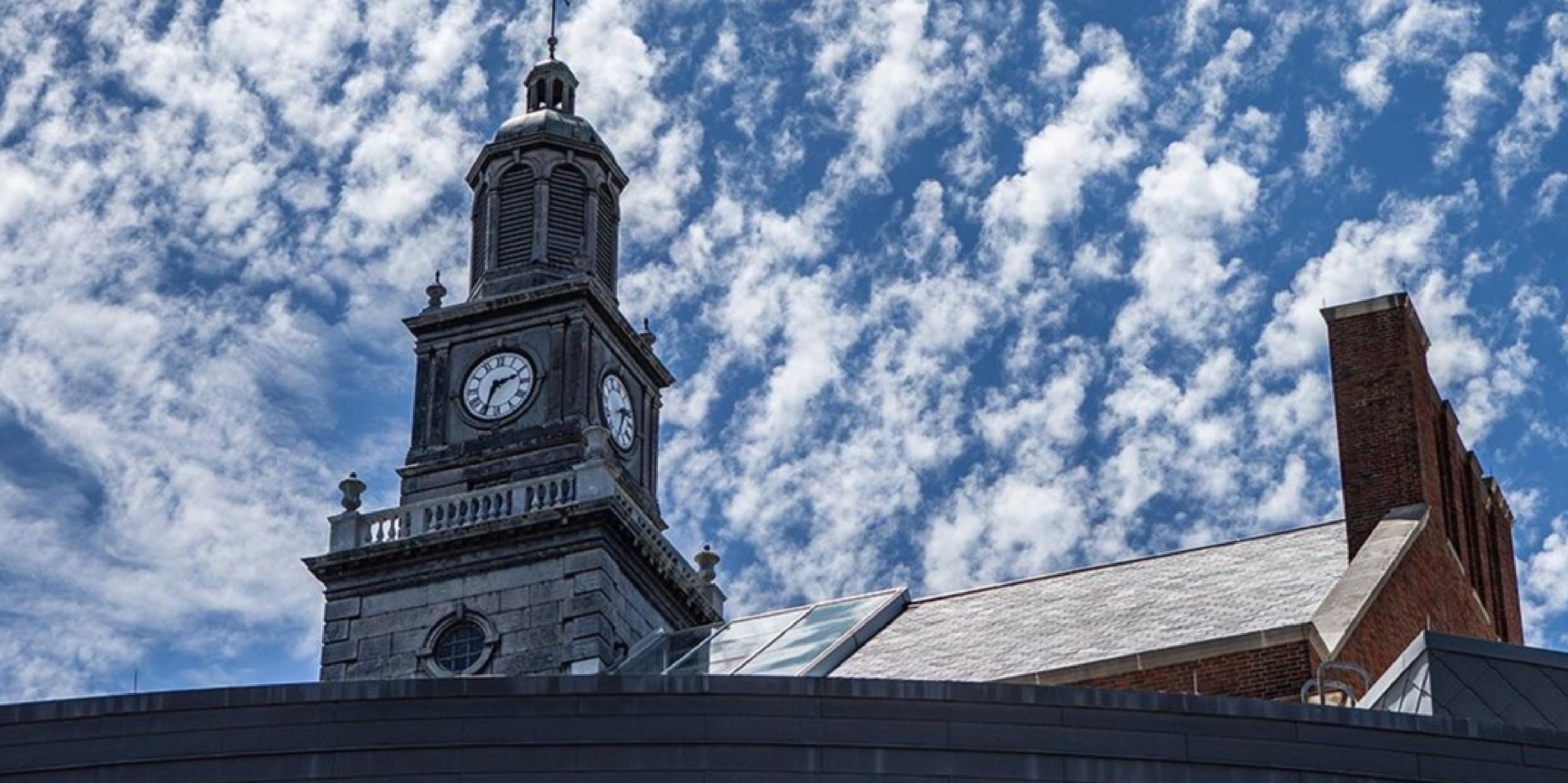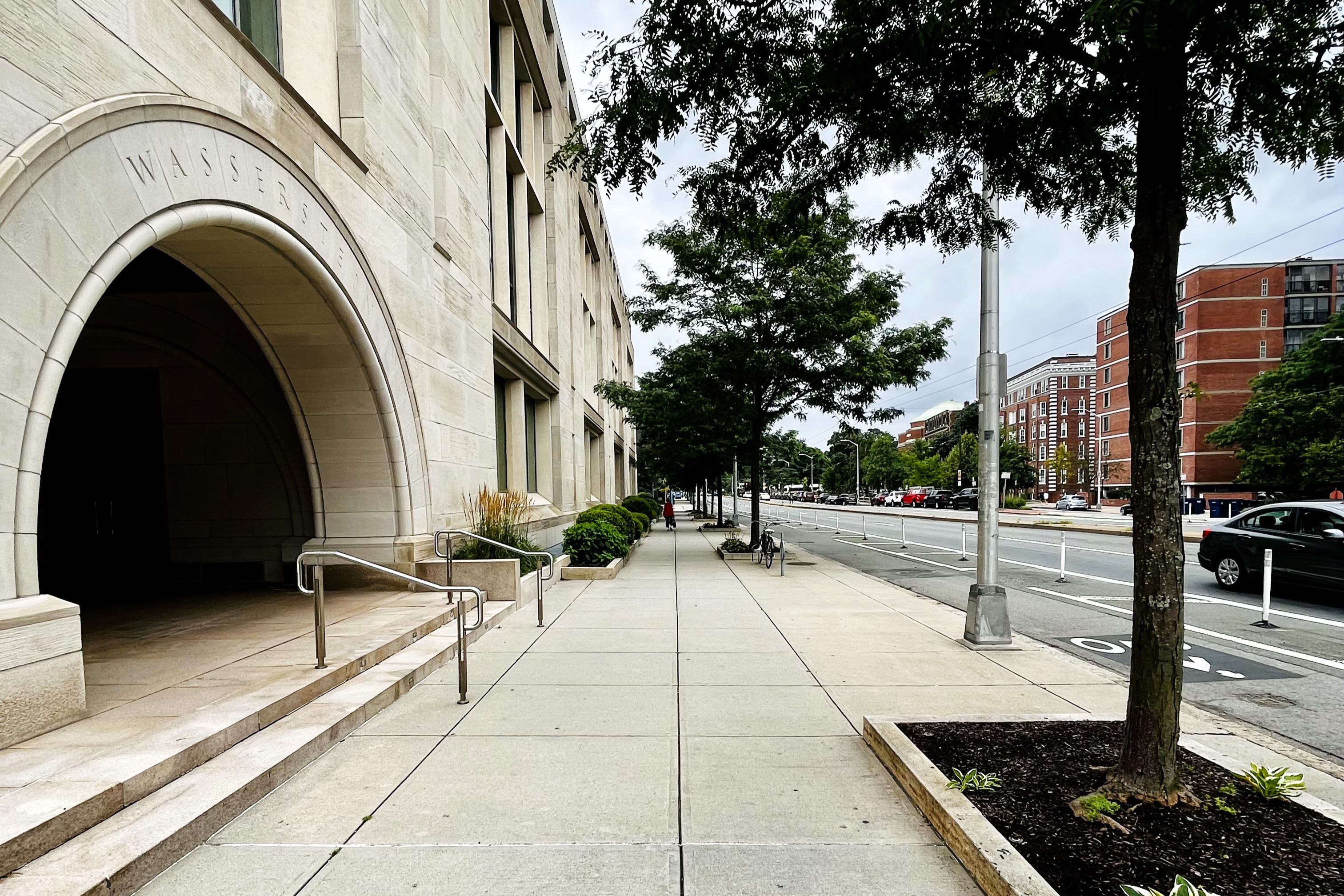My fourth year at the University of Cincinnati unfolded not as a continuation, but as a recalibration—of ambition, of capacity, and of what it means to grow not just upward, but outward. It was a year where I juggled intense projects, traveled continents, challenged my own limits, and found meaning in places I didn’t expect. I entered this academic year with a sharper vision, but I leave it with something deeper: a new sense of alignment between who I am, what I create, and how I want to contribute to the world.
Fall began at full throttle. I had just been accepted as a full-ride scholar into the Headstarter Residency—a 13-month software engineering fellowship designed to test and grow high-performing technologists. Every week, I dedicated over 15 hours building full-stack and AI projects with mentors from Apple, Two Sigma, and beyond. The projects were complex, varied, and deeply purposeful—ranging from a brain tumor detection model that hit 98% AUC, to a fraud detection system trained on over 1.2 million data points. We didn’t just write code—we built solutions for real-world deployment. I learned not just about machine learning pipelines or model interpretability, but about resilience, focus, and the small daily wins that add up to breakthroughs.
And yet, amidst the technical intensity, it was the human connections that stood out. I collaborated in global teams, led project cycles, and had my code reviewed by industry giants. My mentor from Two Sigma pushed me constantly, and I learned how to defend my architectural decisions, explain my thinking, and iterate like a professional. What started as a residency turned into a rite of passage—not just into the industry, but into the person I was becoming: confident, curious, and conscious of the impact my work could carry.
Parallel to this was my participation in INTB8001—Luxury Innovation: Metaverse. A hybrid course that fused classroom theory with international immersion, it culminated in a spring break study abroad trip to Italy, where we met with executives and design leaders from iconic brands like Bvlgari, Lamborghini, and Pagani. What I expected to be an academic capstone turned out to be something far more personal. I was the youngest member of the cohort, surrounded by professionals with deep experience and diverse worldviews. And yet, I wasn’t just welcomed—I was cherished.
I made lifelong friends in Italy. Genuine, brilliant people who taught me as much about leadership and humility as the lectures did about brand strategy and innovation frameworks. Standing in the Pagani factory, watching artisans bend carbon fiber with reverence, I began to understand the soul of luxury—not as extravagance, but as precision, purpose, and timeless storytelling. We pitched collaboration strategies fusing heritage with high-tech, and through that, I discovered how deeply cultural insight and business innovation are intertwined. That realization—seeing Italian heritage and modern innovation not as opposites, but as partners—shifted how I now view technology. It’s not always about disruption. Sometimes, it’s about honoring what already works.
Back home, my academic journey took a sharp, thrilling turn. This was the semester I enrolled in Deep Learning, taught by Professor Jun Bai—one of the most intellectually honest and passionate instructors I’ve ever had. A PhD-level course taken jointly by undergrads, master’s students, and doctoral candidates, this class was the first to truly humble me. As someone who’s always had a natural grasp of computer science, most classes tend to feel more like confirmation than challenge. But this class kicked my butt—and I loved it.
I earned my first “B” in years, and I did so with a grin on my face. Because every lecture pushed me. Every homework made me think harder. Jun Bai managed a classroom of wildly diverse learners with clarity and empathy, and still never compromised the complexity of the subject. Through her, I saw that great teaching is an act of engineering in itself—balancing timing, tension, and scaffolding for different minds. It made me want to become a better learner and, perhaps someday, a better teacher.
Outside of academics, I carved out space for exploration—literally. Over winter break, I traveled to Loveland, Colorado, my first-ever mountain range experience. There’s something magical about being dwarfed by nature. I had never snowboarded or skied in my life, and yet there I was, tumbling, laughing, and learning on snow-covered slopes. There’s a kind of joy that comes from being a total beginner again—from embracing the awkwardness, the falling, the little wins. Those moments in Colorado reminded me that exploration doesn’t always need a roadmap—it just needs curiosity and courage.
Spring also marked my first major recruitment season, as I navigated back-to-back interview series with Google and Amazon. The intensity was real—backbreaking prep, insane hours, and the emotional rollercoaster of switching between technical sprints and behavioral storytelling. I learned how to manage my energy, how to take a breath between three-hour interviews, and how to compartmentalize rejection without losing momentum. It wasn’t just a test of skill; it was a test of mindset. And even amidst the chaos, I found myself growing stronger—not because the path was easy, but because I chose to keep walking it with intention.
Academically, I closed the year with a 3.9 in the fall and a 3.7 in the spring—bringing my cumulative GPA to 3.522, inching ever closer to Latin Honors. But beyond numbers, what I’m most proud of is the quality of learning I embraced. The frameworks I adapted, the communities I joined, the mentors I learned from—all of it reflected a quiet but persistent growth, both inward and outward.
In reflecting on this year through the lens of the Global Citizen Scholar mission, I can see how every piece fits. I engaged with ideas across borders, connected deeply with people from other cultures, solved problems with empathy and rigor, and reflected constantly to turn experiences into wisdom. Whether writing AI code, riding gondolas in Italy, or catching my breath after a tough interview, I lived the kind of education that expands far beyond the classroom.
2024–2025 wasn’t just about doing more—it was about being more. More present. More daring. More grounded in who I am and what I want to give back.
As I look toward the final year of my program, I carry forward the friendships, the lessons, the bruises, and the breakthroughs of this chapter. I’m walking into the future not with answers, but with questions I can’t wait to explore. Because if this year taught me anything, it’s that the most extraordinary transformations begin when you step outside your comfort zone—and into the unknown.
